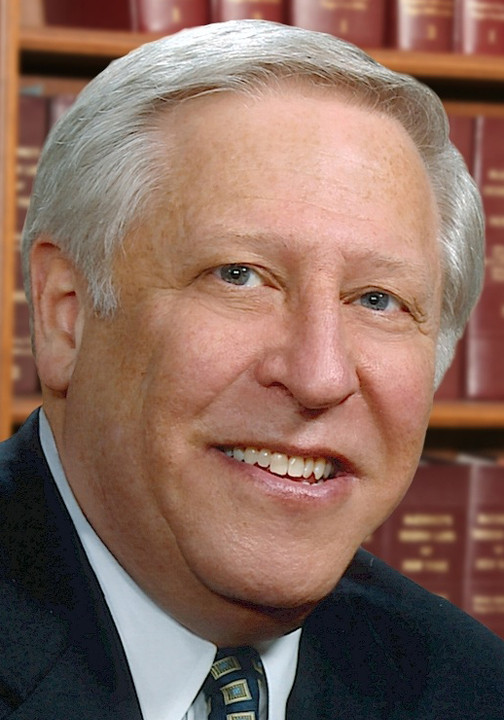Civic Law
Q: I’ve been reading a lot lately about a 2% tax cap which the State has imposed on local governments and school districts. But my taxes aren’t going down? What is this all about?
A: Property taxes, and the way they are determined, continue to baffle property owners and bedevil local officials. Your dismay is understandable, since the 2% tax cap is widely misunderstood, primarily for three reasons: (1) it isn’t 2%, (2) it isn’t a cap on anyone’s taxes, and (3) it isn’t a cap on government spending. The catch-phrase makes a good sound bite, but doesn’t reflect reality.
The “tax cap” law provides that, with certain exceptions, local governments and school districts can’t increase the amount of revenue they derive from property taxes by more than a fixed percentage over the amount raised in this manner in the last previous year.
Local government budgets, and tax rates, are determined first by ascertaining the expenses the government anticipates it will have in the coming year. Then, an estimate is made of the revenues which are expected to be received from other governmental sources, such as federal and state aid, grants, tax revenues from taxes other than property taxes (such as sales tax, mortgage tax, etc.), and any surplus left over from prior years. Next, an estimate is made of those amounts which the government expects to receive from other sources not including property taxes, such as local fees, fines and penalties, miscellaneous payments and all other sources of revenue other than property taxes. These two revenue numbers are subtracted from the projected expense number, and the remaining amount is what has to be raised from property taxes. It is this last amount to which the “tax cap” applies.

 45.0°,
Partly Cloudy
45.0°,
Partly Cloudy 




